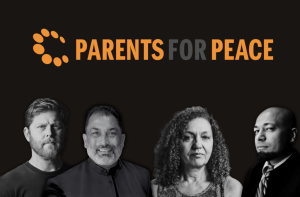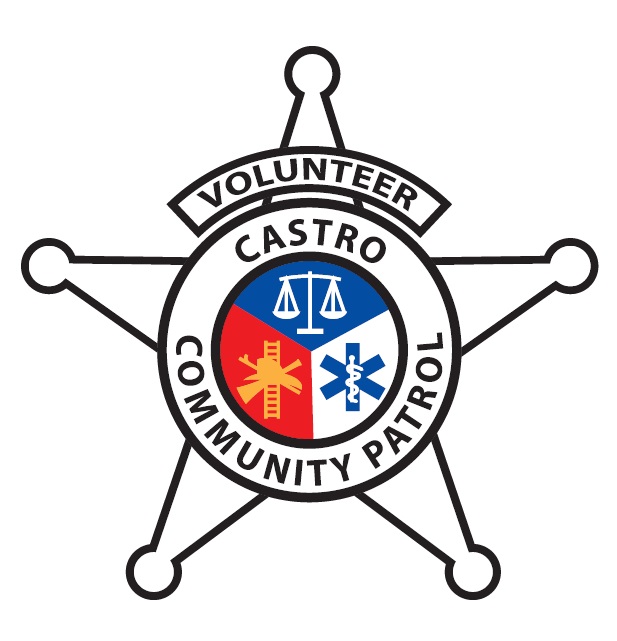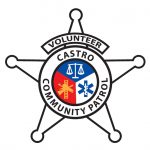ARE YOU CONCERNED ABOUT A LOVED ONE?
We run the nation’s first and only free & confidential intervention helpline for families struggling with a loved one’s extreme behaviors. Our free and confidential helpline will help you understand and address your loved one’s attraction to extreme beliefs and behaviors. Call us at 844-49-PEACE (844-497-3223) or email us at help@parents4peace.org.
We are not a crisis line. In case of emergency, contact 911 or 988 immediately.
About Parents For Peace
Parents for Peace offers education, support, and skill-building resources to assist American families in navigating the challenges posed by extreme beliefs and behaviors. In some cases, these beliefs might push individuals to join extremist movements. Our goal: resilient families, safer communities.
How Do I Report?
We want to help. Call our toll-free helpline at 844-49-PEACE (844-497-3223) or email us at help@parents4peace.org. We operate our helpline Monday – Friday, from 9:00 am to 5:00 pm (Eastern). In case of emergency, please contact 911 or 988 immediately.
What Happens After I Report?
After your initial call and intake with our helpline, we’ll provide you with personalized support. Our family-centered care team will educate you on the radicalization process and collaborate with you to develop a customized toolbox for assisting the person you’re concerned about. Our approach includes direct intervention options that can involve the individual of concern.
Understanding the deep shame and self-doubt that many families of individuals with extreme beliefs face, we provide a confidential environment for families to truly grasp that they are not alone. In our Circles, moderated by our experts, families connect, share experiences, and find solace in the understanding of others facing similar challenges.
In collaboration with Georgia State University, we’re offering a complimentary pilot program designed for individuals interested in positive life transitions, away from extreme beliefs and behaviors. The program offers insights into understanding challenges, promoting recovery, and fostering reintegration, and upon successful completion, awards certificates for Peer Support Specialists.
Why Should I Report A Concern?
Left unchecked, some extreme beliefs and behaviors may eventually lead to severe, potentially violent outcomes for the individual, their family, and society. If concerned, contact our helpline today.
Is Law Enforcement Involved?
Parents For Peace is not affiliated with any Governmental or Law Enforcement entities.
We Are Not Here To Judge, We Are Here To Help





